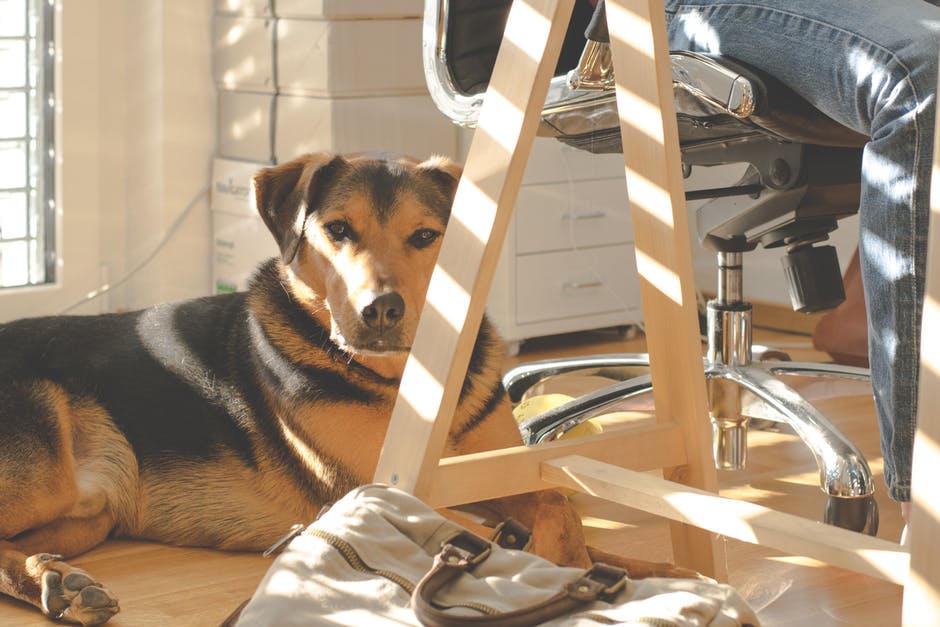
A NEW study has revealed the stats behind employees being allowed to bring their pets to work.
The research, released today on National Pet Day, shows that one-fifth of workplaces in the UK allow employees to bring pets into the office.
However, a similar proportion (22%) of workers have complained about the furry companions.
The topical survey by online job board CV-Library found that when it comes to the personal effect of animals in the workplace, there is clear evidence of a “gender pet gap”.
According to the data, nearly half (46%) of women believe that having a pet at work eases stress and helps relaxation, compared to 29% of men.
40% of men accuse pets of being distracting in the workplace, in contrast to 30% of women, and 21% of women believes it makes them feel more friendly or approachable, compared to 14% of men.

Nearly one-fifth of men (19%) go as far to call pets annoying in the workplace.
The result of the “gender pet gap” led to a shocking 12% of men admitting to complaining about pets at work, in stark contrast to virtually no female complaints (1%).
In the eternal battle between cats and dogs, canines rule the workplace – making up 87% of all “professional” pets. Cats are clearly an unpopular option at work with only 5% admitting to having a feline in the workplace, and rabbits coming in third with 2%.
In general, nearly half of Brits would like to see more workplaces allowing pets, but 20% suggest that strict policies from HR should be in place.
With bringing animals into the office becoming a growing trend, employers should sit up and take notice. 28% of Brits suggested that they’d be more likely to apply for a job if they have, or were allowed to bring in, furry friends in their working environment.

Enjoy the convenience of having The Sunday Post delivered as a digital ePaper straight to your smartphone, tablet or computer.
Subscribe for only £5.49 a month and enjoy all the benefits of the printed paper as a digital replica.
Subscribe